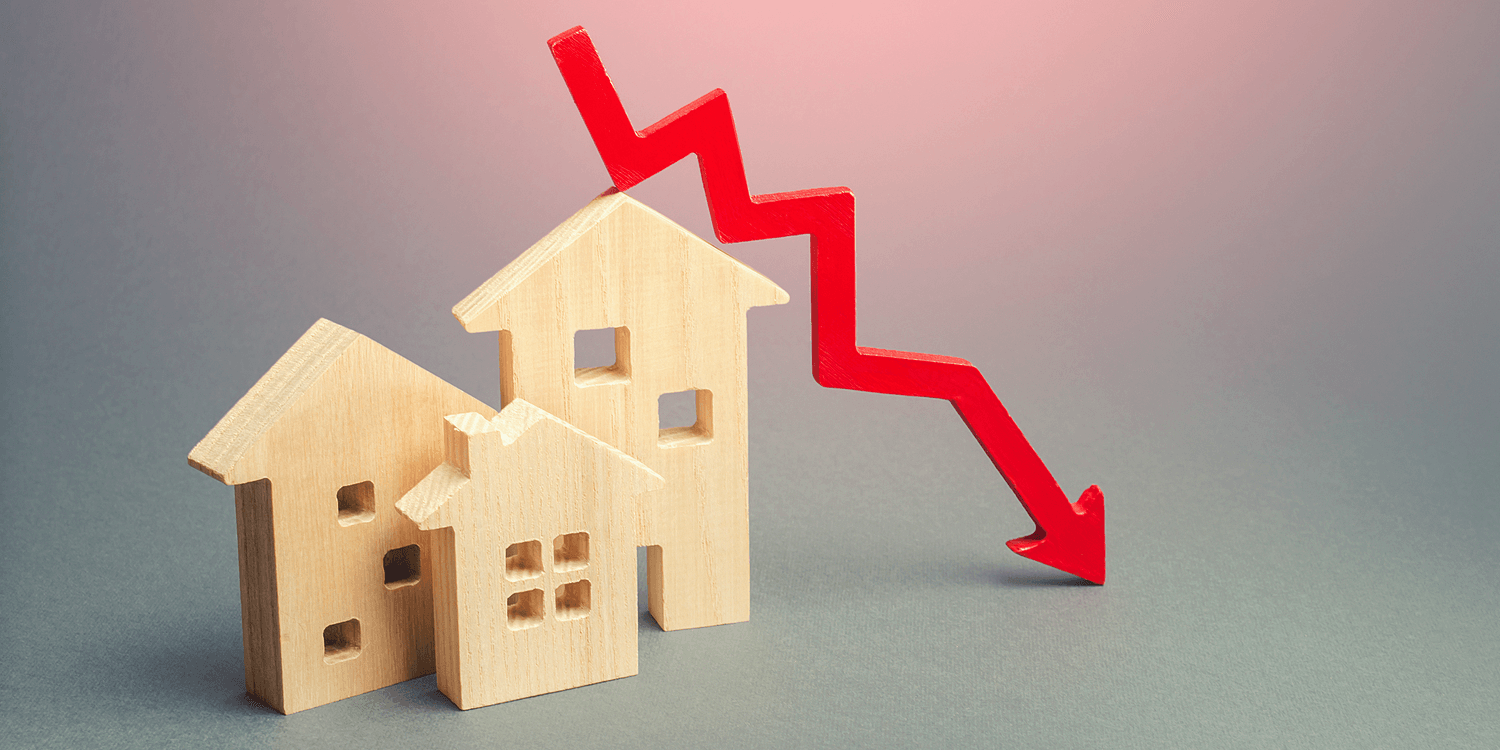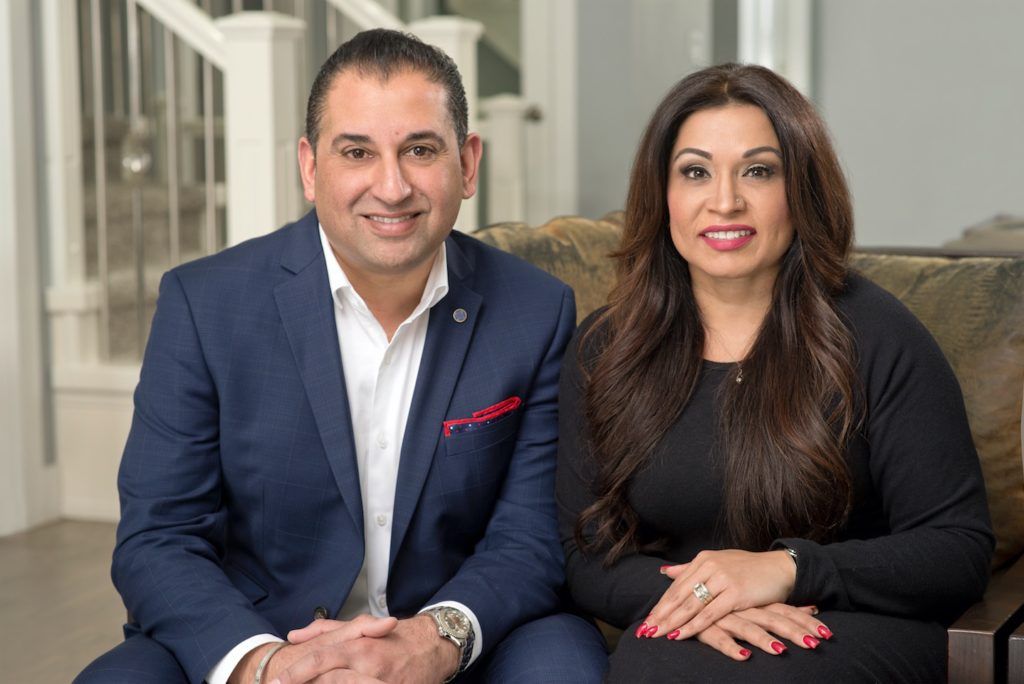Ultra-Low Interest Rates
Team Gill • September 22, 2020

Chances are if you’ve been paying attention to the news as the Canadian economy continues to work through the COVID-19 pandemic, you’ve heard that interest rates are at an all-time low. And it would appear that they will remain low for a while. In fact, the Bank of Canada recently hinted that they don’t expect rates to go up until at least 2023. That’s good news if you need to borrow money!
So what does this mean for you?
Well, if you are borrowing money for really any reason, you’ll most likely be paying lower interest for the foreseeable future, including any secured line of credits, car loans, student loans, and personal loans. As for mortgage financing, you’ve got options!
If you’re an existing variable rate mortgage holder, the prime rate is currently 2.45%. You are paying that, plus or minus a component to prime. The variable rate spread is presently coming down at several lenders, so if you’d like to have a look at your mortgage to see if a refinance makes sense to save you money, please contact us anytime.
If you’re a fixed rate mortgage holder,
this means there could be a pretty significant penalty for breaking your existing mortgage. However, depending on the time remaining on your current term, and the rate you are currently paying, it might make sense to break your existing mortgage, pay the penalty, and refinance into a lower rate. There is no cost to run the numbers. If we can save you money in the long term on your mortgage, it might make sense to refinance. Now, depending on the terms of your mortgage, it might make sense to wait a year or two to refinance, but we won’t know that until we look at the details. We are more than happy to provide you with several financial scenarios.
If you’re currently looking to purchase a property
and you’re seeking new mortgage financing, you should know that although interest rates are at an all-time low, the government of Canada forces you to qualify at what they call the qualifying rate which is currently 4.79%. So while you can find a five year fixed rate around 2% now, you have to prove that you can afford double that amount in interest. The idea here is that it protects you against a rate hike when your term is complete. Unfortunately, it leaves you qualifying for a considerably lower mortgage amount now.
So is now a good time to refinance or buy?
Well, that depends on your financial situation. But there is nothing wrong with taking a look and putting together a mortgage application to assess your situation. We would love to work with you so that you can take advantage of these low interest rates. Please contact us anytime!
Share
Sign up to to our newsletter to hear weekly updates on market news, timely buyer/seller tips, and up to date rates
Mick & Sheila Gill
CANADIAN MORTGAGE EXPERTS

RECENT POSTS

What Is a Second Mortgage, Really? (It’s Not What Most People Think) If you’ve heard the term “second mortgage” and assumed it refers to the next mortgage you take out after your first one ends, you’re not alone. It’s a common misconception—but the reality is a bit different. A second mortgage isn’t about the order of mortgages over time. It’s actually about the number of loans secured against a single property —at the same time. So, What Exactly Is a Second Mortgage? When you first buy a home, your mortgage is registered on the property in first position . This simply means your lender has the primary legal claim to your property if you ever sell it or default. A second mortgage is another loan that’s added on top of your existing mortgage. It’s registered in second position , meaning the lender only gets paid out after the first mortgage is settled. If you sell your home, any proceeds go toward paying off the first mortgage first, then the second one, and any remaining equity is yours. It’s important to note: You still keep your original mortgage and keep making payments on it —the second mortgage is an entirely separate agreement layered on top. Why Would Anyone Take Out a Second Mortgage? There are a few good reasons homeowners choose this route: You want to tap into your home equity without refinancing your existing mortgage. Your current mortgage has great terms (like a low interest rate), and breaking it would trigger hefty penalties. You need access to funds quickly , and a second mortgage is faster and more flexible than refinancing. One common use? Debt consolidation . If you’re juggling high-interest credit card or personal loan debt, a second mortgage can help reduce your overall interest costs and improve monthly cash flow. Is a Second Mortgage Right for You? A second mortgage can be a smart solution in the right situation—but it’s not always the best move. It depends on your current mortgage terms, your equity, and your financial goals. If you’re curious about how a second mortgage could work for your situation—or if you’re considering your options to improve cash flow or access equity—let’s talk. I’d be happy to walk you through it and help you explore the right path forward. Reach out anytime—we’ll figure it out together.

Going Through a Separation? Here’s What You Need to Know About Your Mortgage Separation or divorce can be one of life’s most stressful transitions—and when real estate is involved, the financial side of things can get complicated fast. If you and your partner own a home together, figuring out what happens next with your mortgage is a critical step in moving forward. Here’s what you need to know: You’re Still Responsible for Mortgage Payments Even if your relationship changes, your obligation to your mortgage lender doesn’t. If your name is on the mortgage, you’re fully responsible for making sure payments continue. Missed payments can lead to penalties, damage your credit, or even put your home at risk of foreclosure. If you relied on your partner to handle payments during the relationship, now is the time to take a proactive role. Contact your lender directly to confirm everything is on track. Breaking or Changing Your Mortgage Comes With Costs Dividing your finances might mean refinancing, removing someone from the title, or selling the home. All of these options come with potential legal fees, appraisal costs, and mortgage penalties—especially if you’re mid-term with a fixed-rate mortgage. Before making any decisions, speak with your lender to get a clear picture of the potential costs. This info can be helpful when finalizing your separation agreement. Legal Status Affects Financing If you're applying for a new mortgage after a separation, lenders will want to see official documentation—like a signed separation agreement or divorce decree. These documents help the lender assess any ongoing financial obligations like child or spousal support, which may impact your ability to qualify. No paperwork yet? Expect delays and added scrutiny in the mortgage process until everything is finalized. Qualifying on One Income Can Be Tougher Many couples qualify for mortgages based on combined income. After a separation, your borrowing power may decrease if you're now applying solo. This can affect your ability to buy a new home or stay in the one you currently own. A mortgage professional can help you reassess your financial picture and identify options that make sense for your situation—whether that means buying on your own, co-signing with a family member, or exploring government programs. Buying Out Your Partner? You May Have Extra Flexibility In cases where one person wants to stay in the home, lenders may offer special flexibility. Unlike traditional refinancing, which typically caps borrowing at 80% of the home’s value, a “spousal buyout” may allow you to access up to 95%—making it easier to compensate your former partner and retain the home. This option is especially useful for families looking to minimize disruption for children or maintain community ties. You Don’t Have to Figure It Out Alone Separation is never simple—but with the right support, you can move forward with clarity and confidence. Whether you’re keeping the home, selling, or starting fresh, working with a mortgage professional can help you understand your options and create a strategy that aligns with your new goals. Let’s talk through your situation and explore the best path forward. I’m here to help.

